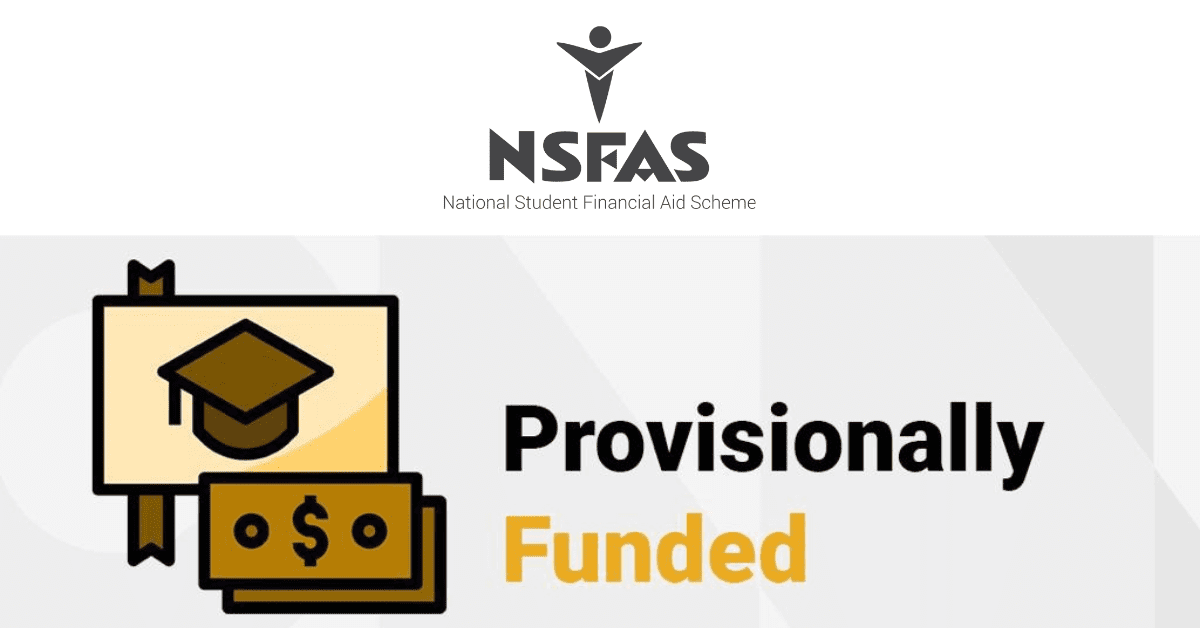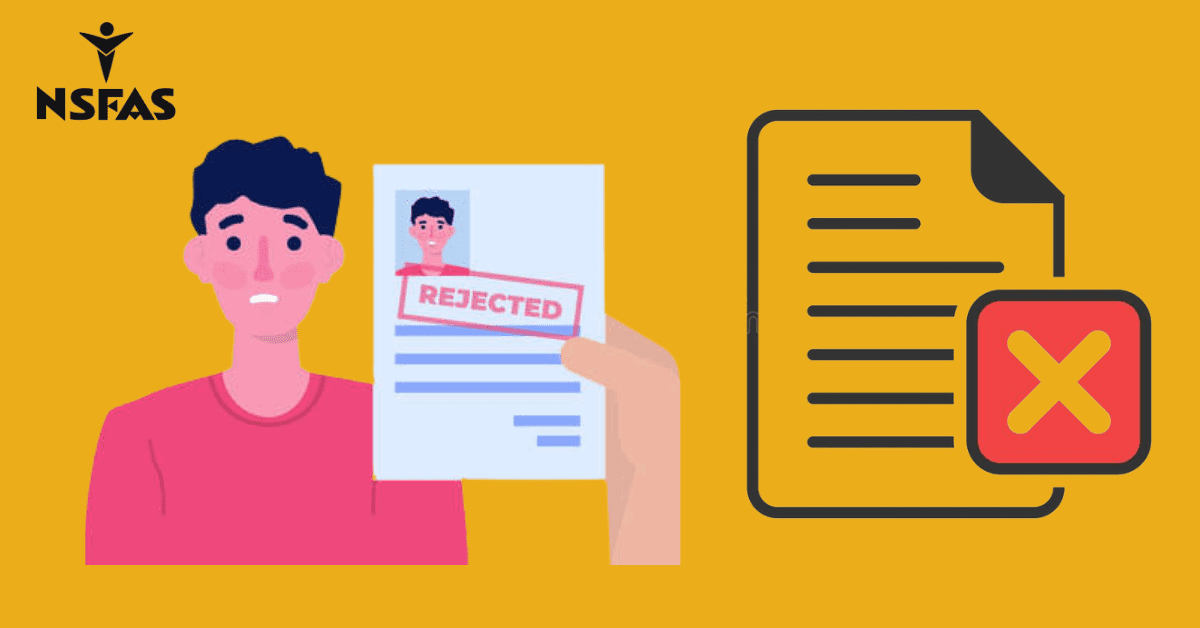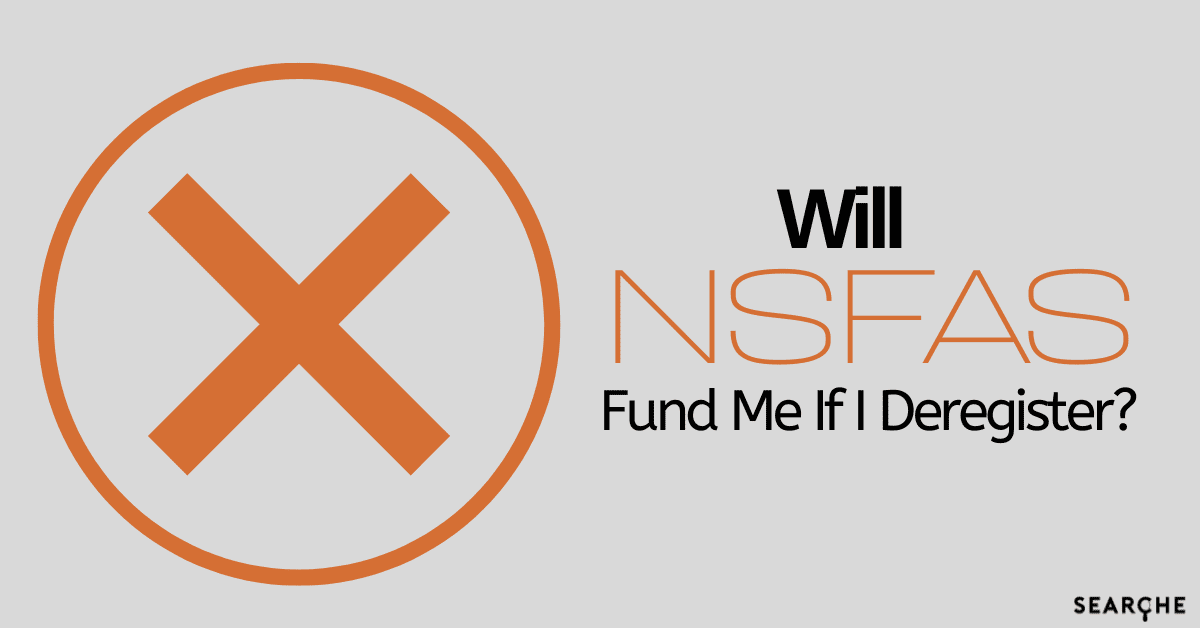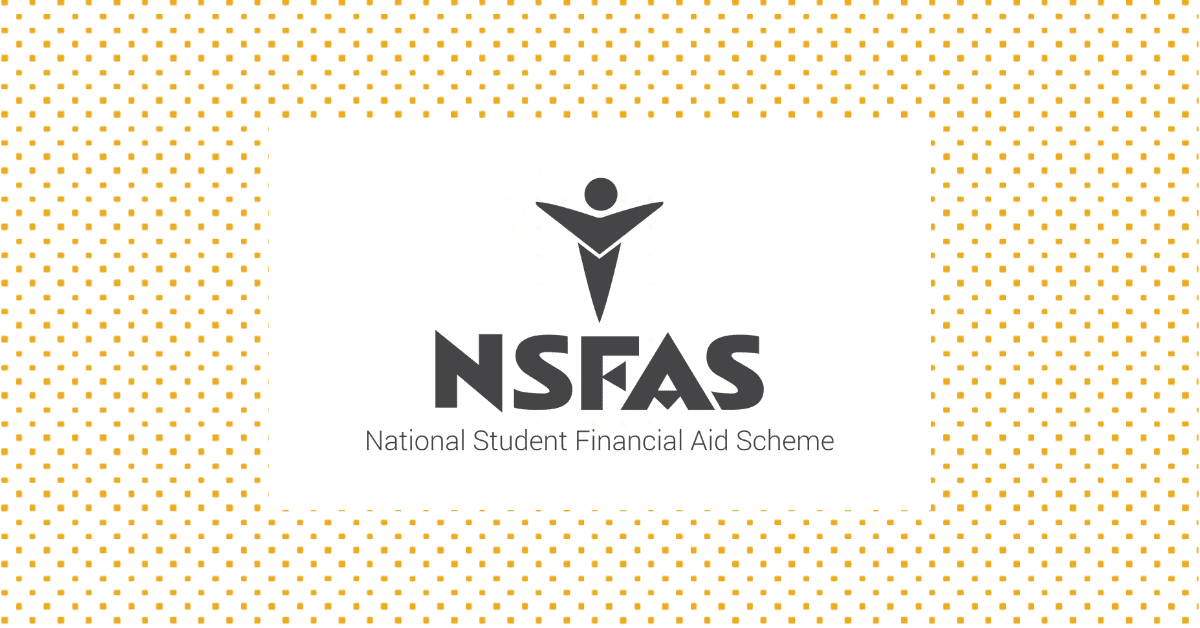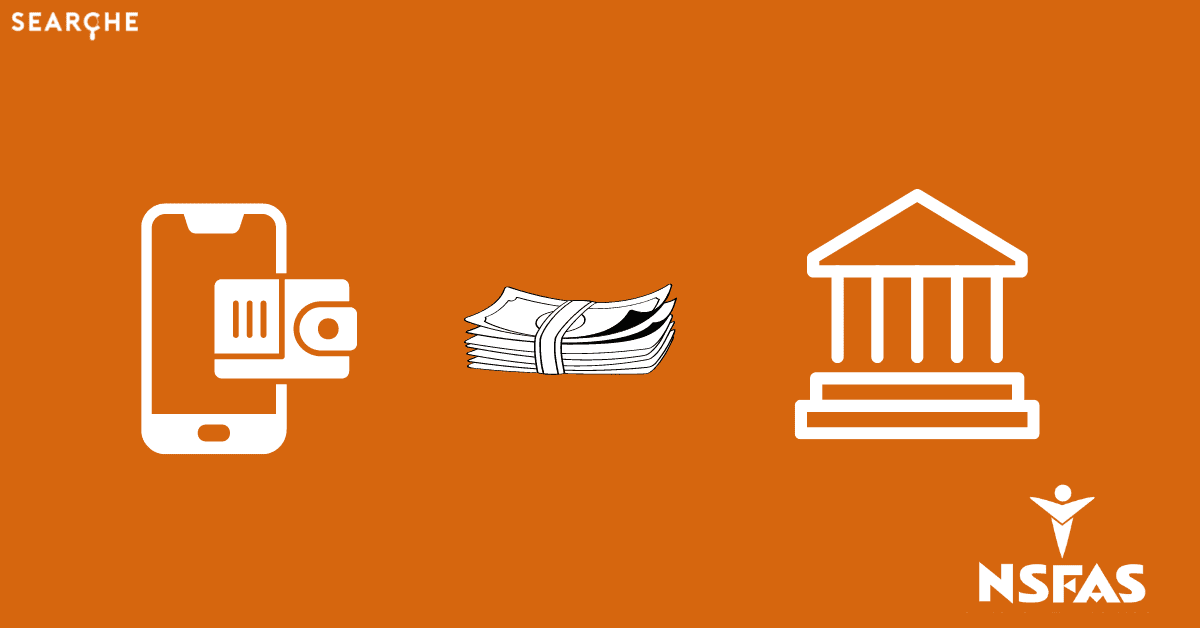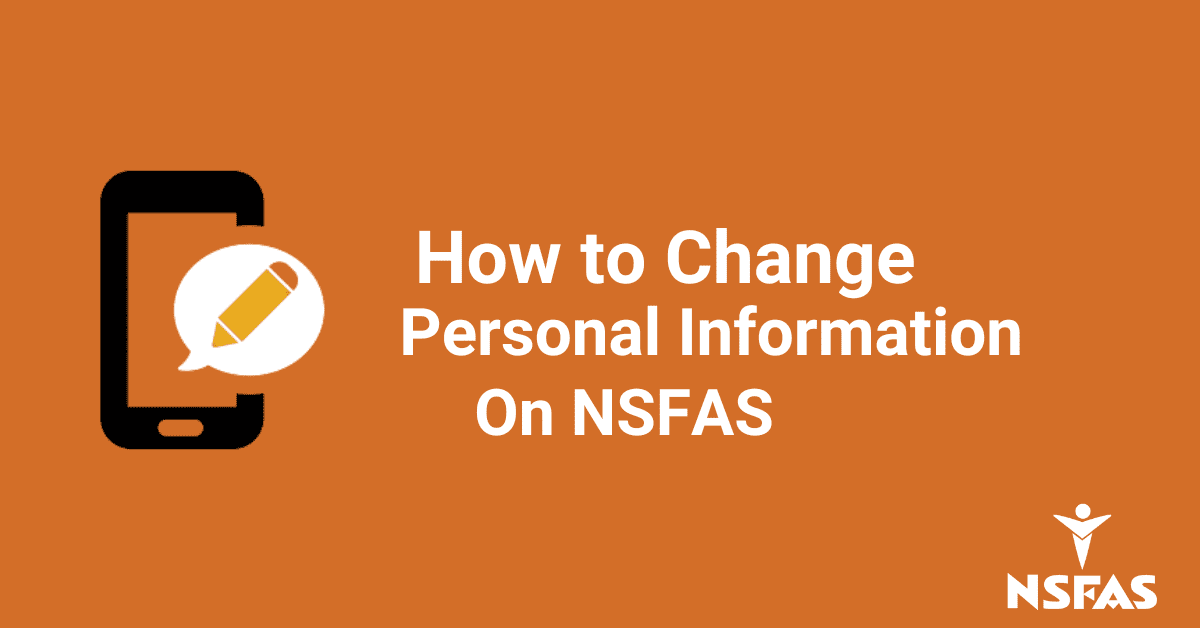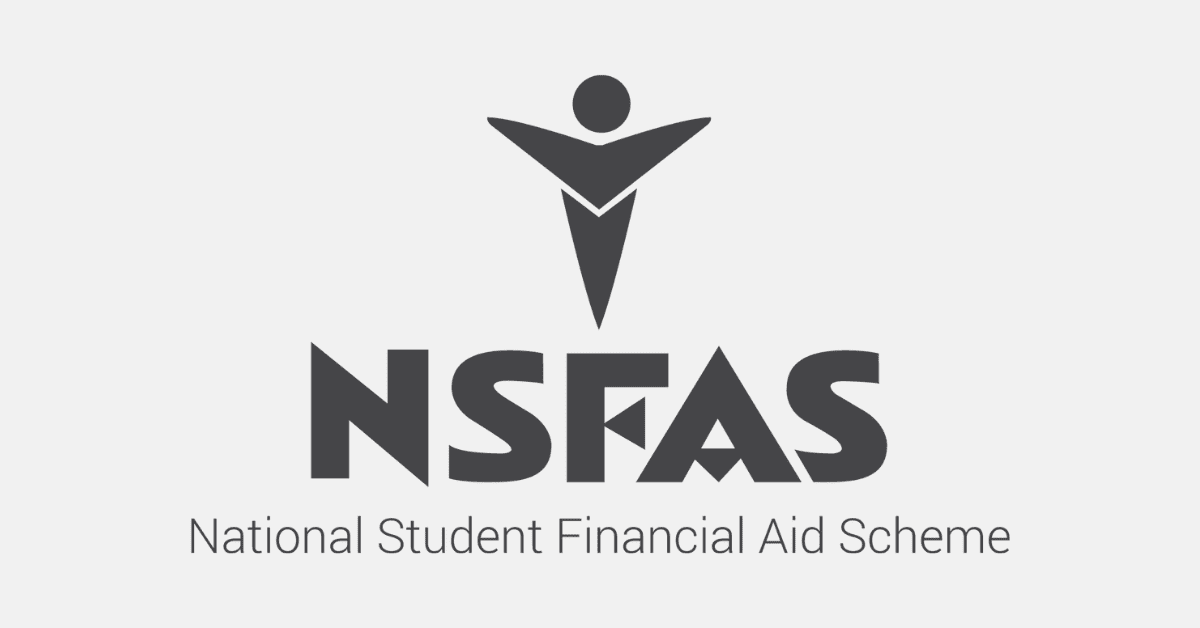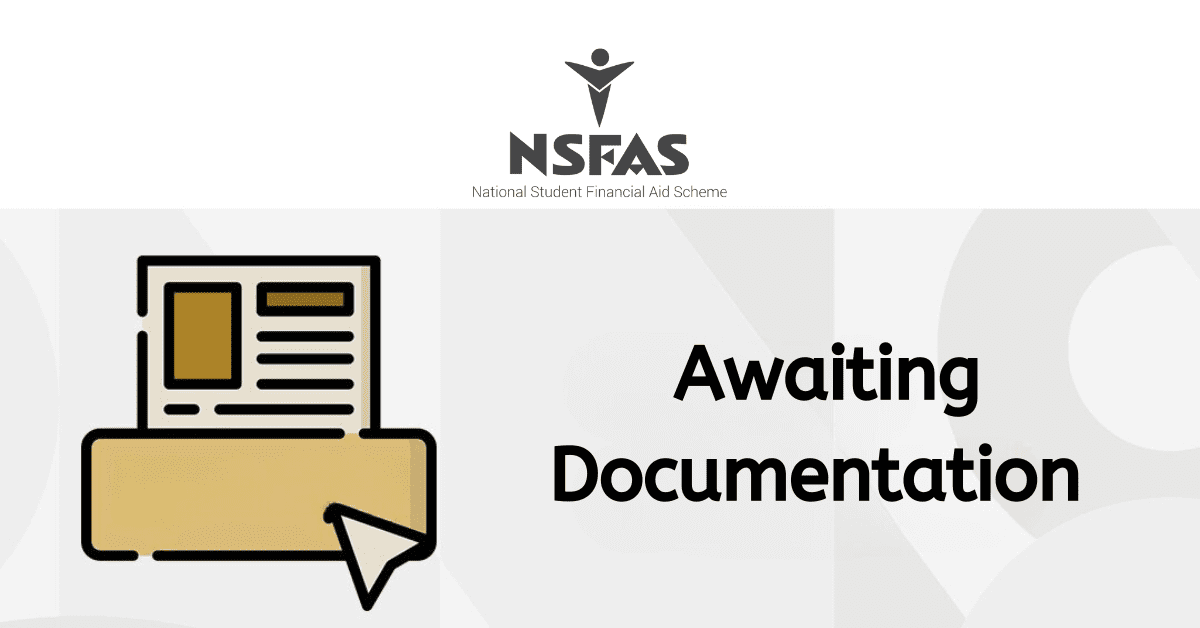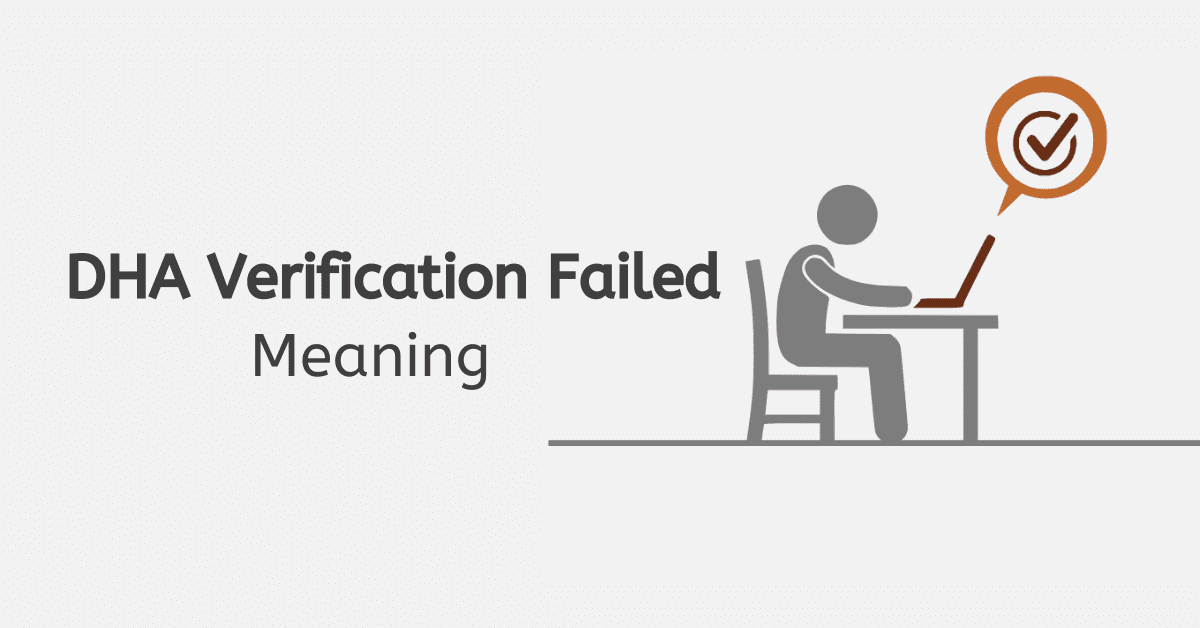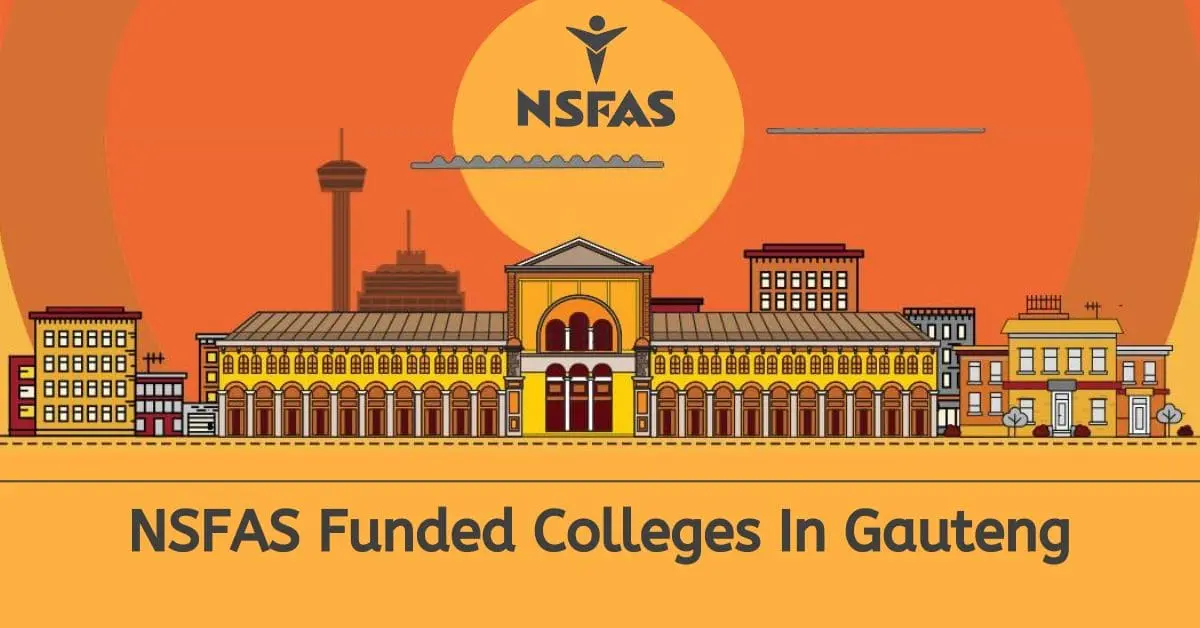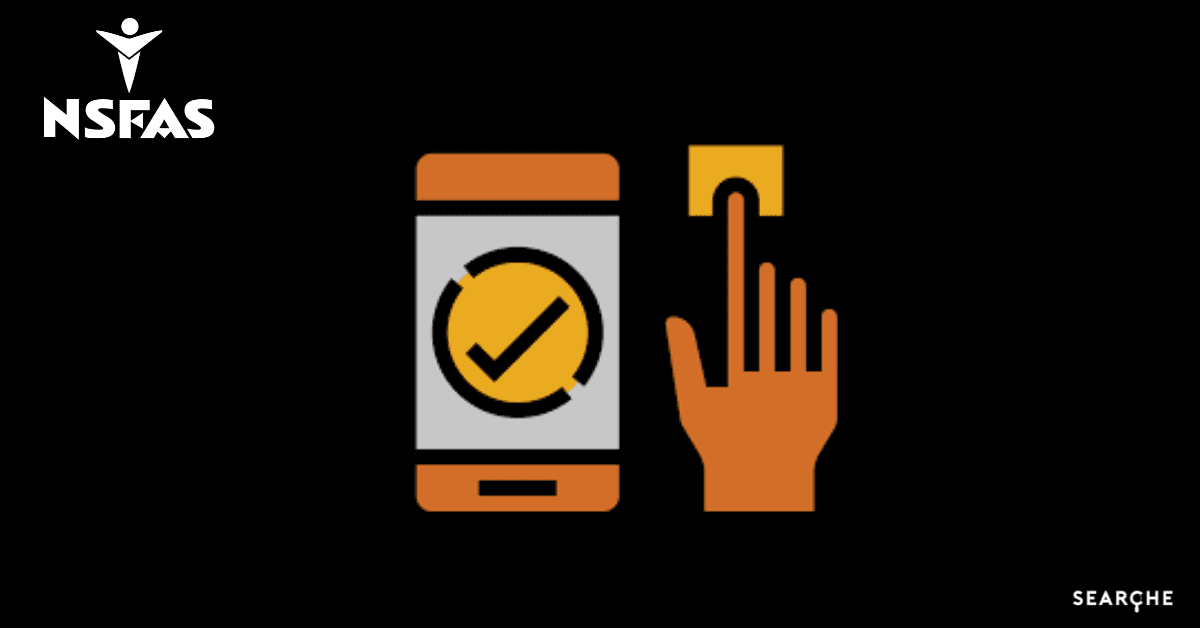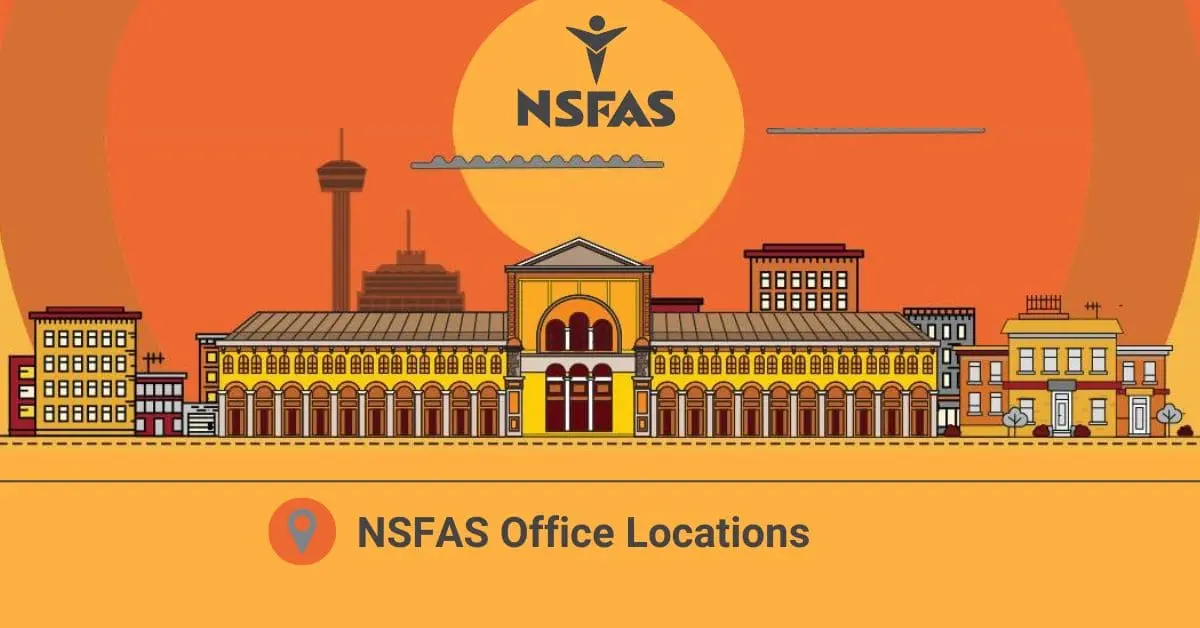NSFAS has become an endearing part of South Africa’s higher education system since its inception in 1999. Helping to create a bridge that remedies the inequalities which taint Southern Africa’s history, the 2020 academic year saw 489 912 university students and 261 404 TVET college students secure their places in society and the workplace via funding through NSFAS.
The sheer amount of growth in its budget within the span of four years saw an increase of 107%, from R20 billion in 2018 to R42 billion in 2021, which is a testament to how important NSFAS has become to the overall socioeconomic and political stability of the country.
Yet, despite the massive amounts of money that go into providing poor and working-class students with the opportunity to enter the market as skilled workers, many students find themselves in the precarious position of being without funding. In most cases, they don’t even know why.
That is the purpose of this article, to explain and list some reasons why NSFAS will stop funding a student.
Why Will NSFAS Stop Funding a Student?
Despite the obvious strides that NSFAS has made since it was converted into a full bursary fund from its state as a provider of student loans in 2018, of the 361 449 students who were funded that year, only 59 249 would graduate.
It has seen a similar conversation rate between the number of funded students versus those who graduate year-on-year, with one of the most prominent factors in graduation rates being attributed to NSFAS ceasing to fund students.
If you happened to find yourself defunded by NSFAS for the 2020 academic year, it could be because your household income surpasses the funding threshold of R350 000 per annum.
Students were defunded in 2020 when NSFAS, through the information it had obtained from SARS, found that 5000 of them hailed from households where their parents earned a combined salary of above R350 000 per annum.
The earning threshold for funding remains the same to this day despite opposition from student bodies who claim the minimum requirements for funding do not take into account the so-called missing middle, whom NSFAS excludes from its list of recipients.
What happens if NSFAS stops funding you?
NSFAS defunding you can have dire consequences on your future and put an indefinite halt on your academic career.
If NSFAS stopped funding you abruptly during an academic year, your tuition for that specific year would have most likely been covered already.
Yet, you’d find it very hard to continue your studies as your monthly allowance would be cut off.
This means that you’d be left with no means of paying for transport if you travel long distances to reach your institution of education, as this is one of the expenses covered in NSFAS’s monthly expenses.
You’d also forfeit other expenses covered in the monthly budget, such as accommodation, living allowances, and personal care allowance, which are all covered by NSFAS in monthly payouts to recipients.
Which courses aren’t covered by NSFAS?
If you or anyone you know is thinking about a future at a university with the help of NSFAS, it is important to keep in mind that there are certain courses that NSFAS does not cover, which can help you in charting out an academic course for your future.
These include short courses, courses offered at private colleges and private higher education institutions, part-time studies, postgraduate studies, and second degrees.
There was also talk in 2021 that was confirmed to be true by officials, which made clear the fact that NSFAS would not be funding Bachelor of Education (B Ed) and Bachelor of Nursing Science (B Cur) qualifications for first-time students that same year, yet in 2025 the decision seems to have been rescinded.
NSFAS also doesn’t cover University Access Programmes, University Preparation Programs, Postgraduate Diploma’s in Accountancy, and honors degrees.
How do you lose your NSFAS bursary?
The financial aid and assistance that comes with NSFAS can be lost to students in several ways, resulting from beneficiaries and applicants violating one or all of NSFAS’s established guidelines outlined in their terms and conditions.
These include providing misleading and false information when applying for NSFAS.
And failing to achieve a pass rate of 50% on your modules in a given year guarantees you’ll lose your NSFAS bursary.
Can NSFAS stop funding you in the middle of the year?
If a NSFAS student violates any of the bursary’s terms and conditions, you will find your funding terminated at any point throughout the academic year.
Such was the case for 7000 students in 2021 whose funding was canceled in the middle of the Covid-19 pandemic under the pretext of said students violating the N+2 rule concerning their postgraduate studies.
Although in cases where NSFAS suspends funding to a student’s tertiary education, there are channels to appeal the decision and even reregister.
Does NSFAS stop funding you if you fail?
Just like any conventional bursary NSFAS expects its recipients to maintain a certain academic threshold for them to continue to be eligible for funding for the duration of their chosen course, failure to do will result in them ceasing to fund you.
Recipients are expected to meet NSFAS’s academic performance requirement of passing at least 50% of your modules; if you fail all your modules, you’ll be automatically disqualified from funding.
Although this does not mean the end of one’s academic career, should you fail your modules the first time, you’ll still be eligible for funding as long as you haven’t been doing your course for over five years, and it is not the second time you are failing your modules.

